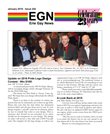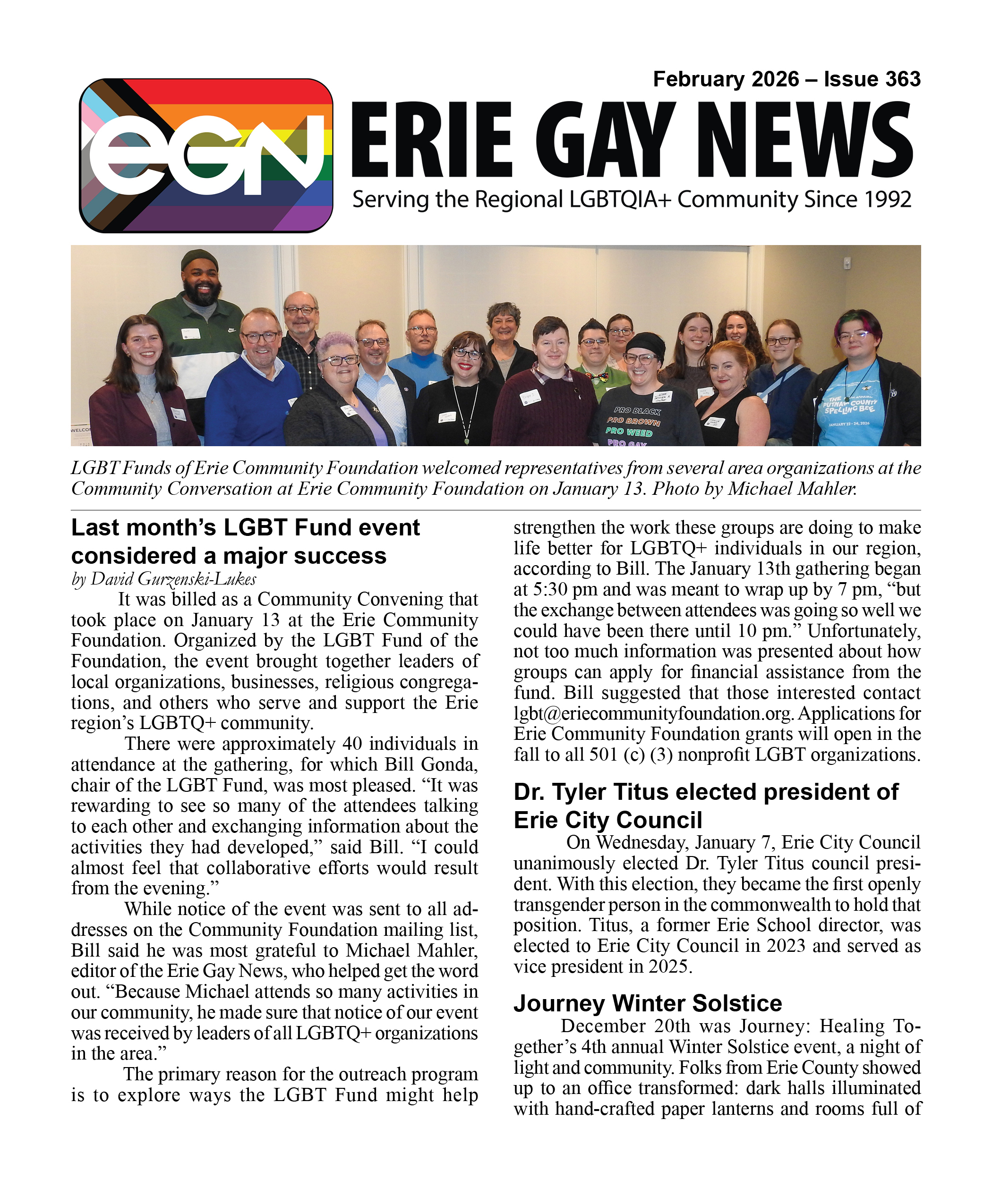First Findings from 2014 Global Men's Health and Rights Survey Now Available!

Photo Credit: Liesl Messerschmidt
New Series of Research Briefs Examines Challenges and Opportunities to Global HIV Service Scale-up for MSM
MSMGF has partnered with LINKAGES and FHI360 to publish, Rights in Action: Access to HIV Services among Men Who Have Sex with Men, the first of a series of technical briefs highlighting the main findings from MSMGF's 2014 Global Men's Health and Rights (GMHR) Survey. Each brief will focus on specific challenges and opportunities that impact efforts to scale up coverage and quality of services for men who have sex with men (MSM) across diverse regional contexts.
The GMHR was launched by MSMGF in 2010 as a biennial effort to assess the current state of health and human rights among MSM on a global scale. The multilingual online survey focuses specifically on access to HIV prevention, testing, treatment, and care services, including the impact of barriers and facilitators that affect access to each category of service. The survey is designed to place access to services in the broader context of sexual health and the lived experiences of MSM.
For the first time since the GMHR's inauguration, the 2014 survey includes a longitudinal component that allows for changes to be tracked over time. The 2014 survey also includes questions specifically designed for transgender men who have sex with men, providing a rare global perspective into the health and human rights of this demographic.
The first brief is dedicated to understanding perceived access to HIV services among MSM and the role of consumer confidence in shaping demand for services. The data presented shows that access to HIV prevention and treatment services continues to be unacceptably low among men who have sex with men (MSM), particularly among younger men.

Within the 2014 GMHR sample, less than 50% of MSM perceived that condoms, lubricant, HIV testing, and HIV treatment were easily accessible. Barriers to accessing services included discrimination from health care providers and homophobia. Survey findings also point to the importance of gay community engagement. Meaningful engagement with gay communities was positively associated with access to all service types, including HIV treatment.
In addition, men who reported unstable housing and a slower Internet connection reported less access to condoms, lubricants, prevention programs, and HIV testing. Men who reported greater financial ability to meet their basic needs were twice as likely to report greater access to condoms, lubricants, prevention programs, and HIV testing.
These findings signal an ongoing need to address stigma and discrimination in our response to HIV. They also suggest the powerful role that gay community can play in facilitating access to HIV services.
The brief provides ten actions that can be taken to proactively address barriers and bolster facilitators identified in this study. Recommended actions include specialty training for healthcare personnel, hiring MSM (including young MSM) to deliver services within local HIV programs, and assisting MSM to obtain reliable Internet access.
The full brief is available at here. Forthcoming briefs will be available starting in early 2016, and each will be posted to the MSMGF Blog.
A shortened link to this blog post for easy sharing is bit.ly/GMHR2014
Read more on our website here!
And please "Like" us on Facebook and follow us on Twitter.
MSMGF has worked since 2006 to encourage targeted, tailored, better resourced, and rights- based sexual health services for gay men and other men who have sex with men (MSM) worldwide through its advocacy and technical support work. As a global network, MSMGF has successfully influenced HIV responses at the local level through shifts in global-level policies and has effectively utilized public health as an entry point for advancing the human rights of LGBT people. MSMGF currently supports programs in 15 countries.



